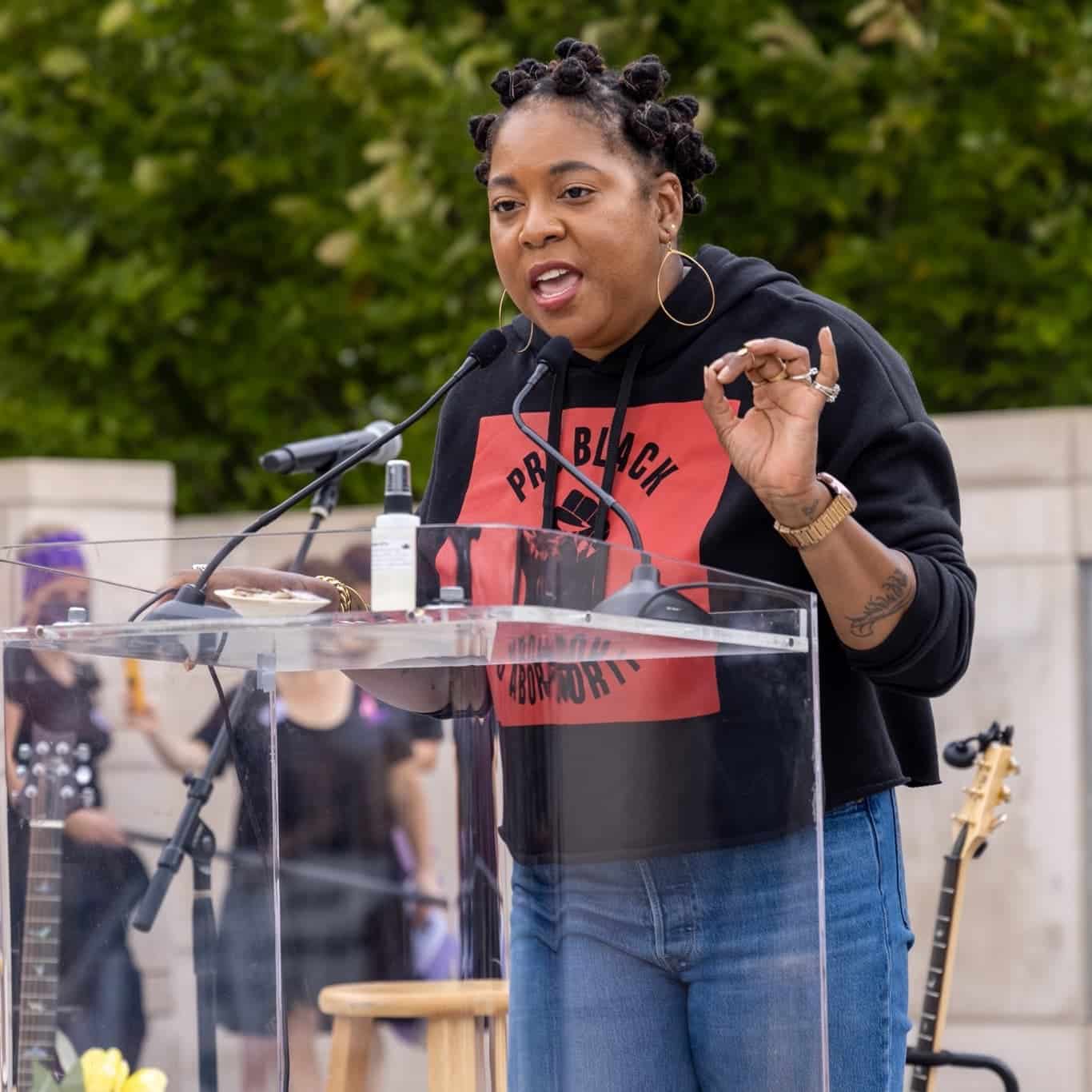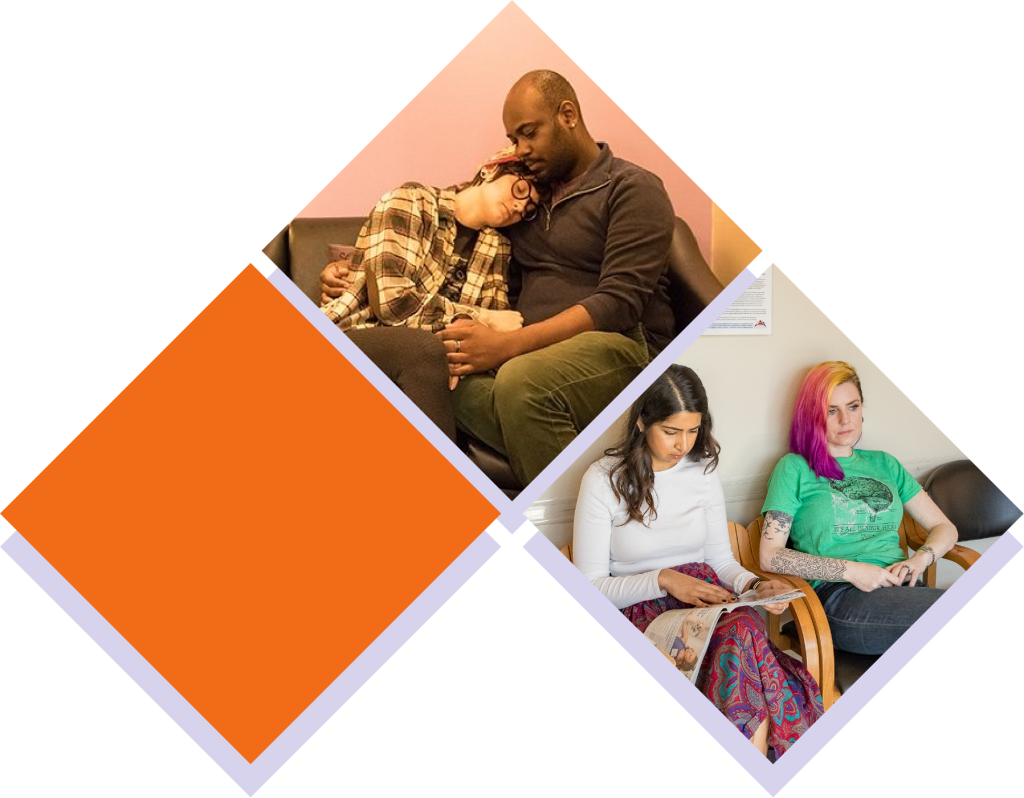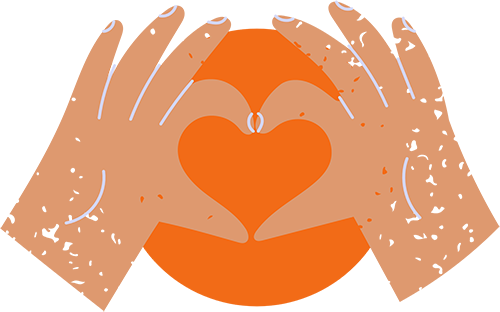CONTACT:
Lauren McEwen
Communications Manager
Feminist Women’s Health Center
On Wednesday, December 1, 2021, the Supreme Court heard the first arguments in Dobbs v. Jackson Women’s Health Organization, the most significant abortion rights case the Court has taken up since Roe v. Wade in the 1970s. Although the case originated as an attack on abortion access within Mississippi, it has quickly become a threat to our constitutional right to reproductive autonomy.
In 2018, Mississippi passed a 15-week abortion ban called the Gestational Age Act. That March, the Center for Reproductive Rights, the Mississippi Center for Justice, and Paul Weiss Rifkind Wharton & Garr filed a lawsuit on behalf of Jackson Women’s Health Organization, the last remaining abortion clinic in the entire state of Mississippi.
Dobbs v. Jackson is creating a ripple effect in other courts, including in Georgia. Recently the Appellate Court placed SisterSong v. Kemp, litigation surrounding Georgia’s six-week abortion ban, on hold until the Supreme Court delivers its ruling on Dobbs. This is particularly troubling to reproductive justice organizations and activists within the Southeast because we abortion providers in Georgia, a state with more clinics than some of our neighbors, serve patients from throughout the region.
Mississippi repeatedly and explicitly asked the Court to overturn Roe during its opening brief in July 2021. If the Supreme Court were to overturn Roe, 26 states would have no legal protections to ensure the right to an abortion. This threat is especially great within the South and Midwest, where several states (North and South Dakota, Mississippi, West Virginia, and Missouri) are already down to one remaining abortion clinic within state lines. Should the Supreme Court allow Mississippi’s ban to stand, it will open the door for state legislatures across the country to further gut abortion access.
If Roe is overturned, Black, Indigenous and other people of color, the LGBTQ community, young people, lower income families, people with disabilities and people who identify as women will be the most impacted. Abortion bans only serve to tighten the state’s control over oppressed and marginalized bodies, which are already highly surveilled and subject to intense scrutiny in the healthcare setting and beyond. As we discuss the impact of this case, we must center these communities to chart our way forward.
As our Executive Director, Kwajelyn Jackson mentions, “we often see mentioned in press coverage of these political battles, that laws like these disproportionally affect communities of color. But so often, it is stated as a throwaway line, like a matter of expected and immutable fact. Few platforms talk about why this is true and how it could be different. We seldom see the careful reflection of how generations of systemic racism in the United States, and the very present apathy, and anti-Blackness that persists, make this true. How does an abortion ban disproportionally affect people who have been repeatedly denied opportunities for wealth generation or sustainable employment or livable wages that could change their circumstances? How does an abortion ban disproportionally affect people who are routinely refused medical treatment, whose pain is disbelieved, whose maternal deaths are determined unexplainable? How does an abortion ban disproportionately affect people who are deemed dangerous for simply existing, whose behaviors and bodies are already constantly policed, and who are seen as unworthy of protection?”
While calling on our representatives in Washington to protect our rights is important – particularly with the Women’s Health Protection Act awaiting a decision in the Senate – it has been proven repeatedly that waiting for politicians, or the courts, to protect our abortion rights is not enough. It is imperative that we stress the importance of becoming involved in local reproductive justice movements. While there is not much that we can currently do to impact Dobbs as individuals, we can strengthen state and local protections of reproductive autonomy in the event that federal protections fail us.
There are a few simple ways individuals can begin taking steps to protect abortion access in Georgia and elsewhere. Sharing pro-abortion and reproductive rights content on social media, becoming involved with local reproductive justice movements, and supporting independent abortion providers like Feminist Women’s Health Center can all be stepping points. But most importantly, we must expand our idea of what is possible, what can be changed, and how that change is created.
###
Feminist Women’s Health Center provides safe, accessible and compassionate abortion can gynecological care to all who need it without judgment. The only non-profit, independent, locally based organization in Georgia that directly provides reproductive health services, while also protecting reproductive rights and promoting reproductive justice through organizing and advocacy. In 1976, as part of a Federation of Feminist Women’s Health Centers, the Atlanta Feminist Women’s Health Center was founded with the mission of providing safe, supportive and non-judgmental abortion and gynecological care services, consciousness raising meetings, and self-help workshops. Over the years, influenced by the work of reproductive justice leaders like Loretta Ross and SisterSong Reproductive Justice Collective, we recognized the need to adopt an intersectional approach and move away from a pro-choice centered framework. Integrating a reproductive justice framework is ongoing work that has informed and shaped us as an organization, and led to development of programs and services that specifically seek to address systemic inequities in healthcare and society that affect women, people of color, immigrant families, low-income and rural communities, and people from the trans and LGBQIA+ communities.
You can learn more about our history through the in-depth timeline.
